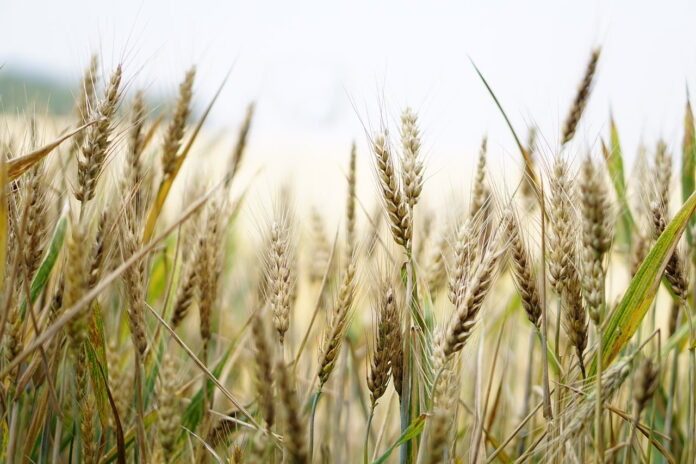Climate change poses significant challenges to traditional farming communities worldwide. As global temperatures rise and weather patterns become more unpredictable, the sustainability of traditional agricultural practices, which many communities rely on for their livelihoods and cultural identity, is increasingly threatened.
Understanding the Impact of Climate Change on Farming
Climate change affects farming through a variety of environmental alterations, including increased temperatures, altered precipitation patterns, and more frequent extreme weather events like droughts and floods. These changes can disrupt the growing seasons, reduce water availability, and increase the incidence of plant diseases and pests, which are less manageable under traditional farming methods. For instance, warmer temperatures may accelerate crop maturation, reducing yields and the nutritional quality of food produced. This not only impacts food security but also the economic stability of farming communities that depend on predictable growing seasons.
The geographical range of crops is shifting as temperatures rise, with areas once suitable for specific crops becoming less viable. This necessitates the cultivation of new crop varieties that may not be well-understood by traditional farmers. Additionally, increased carbon dioxide levels, while sometimes promoting plant growth, can lower the nutritional value of staple crops such as wheat and rice. This complex interplay of climatic factors challenges the very foundation of traditional farming systems, which are often finely tuned to specific ecological conditions and historical knowledge.
The impact extends beyond the fields into the broader ecosystem. Changes in climate affect the health of pollinators, which are essential for the production of many crops and the maintenance of biodiversity within farming landscapes. The disruption of symbiotic relationships between plants and pollinators can lead to reduced yields and the loss of crop diversity, further complicating traditional farming practices.
Challenges Faced by Traditional Farming Communities
Traditional farming communities often face a dual burden of economic constraints and limited access to technology, which exacerbates the challenges posed by climate change. Many of these communities are located in developing countries where infrastructure is poor and governmental support for adaptation strategies is lacking. This makes it difficult to access advanced agricultural technologies and weather forecasting tools that could help mitigate some of the adverse effects of climate change.
Social and cultural barriers also play a significant role in how these communities respond to climate change. Traditional knowledge and practices, passed down through generations, form the backbone of many farming communities. However, this knowledge may not always provide the solutions needed to adapt to rapidly changing climatic conditions, leading to resistance against adopting new agricultural practices or technologies that could potentially improve resilience.
Furthermore, land degradation and the depletion of natural resources, exacerbated by climate change, pose severe threats to the sustainability of traditional farming. Soil erosion, decreased fertility, and water scarcity can lead to diminished agricultural outputs and force communities to abandon ancestral lands and practices, leading to cultural erosion and socioeconomic instability.
Adaptation Strategies for Sustainable Agriculture
To combat the challenges posed by climate change, traditional farming communities need to adopt a range of adaptation strategies that encompass both modern technological solutions and the integration of traditional knowledge. One effective approach is the practice of agroecology, which combines elements of traditional farming with contemporary ecological and social concepts to create more sustainable and resilient agricultural systems. This includes techniques like crop diversification, improved water management practices, and organic farming, which can help maintain ecosystem balance and reduce dependency on chemical inputs.
Community-based adaptation strategies are also crucial. These involve local stakeholders directly in the planning and implementation of adaptation measures, ensuring that interventions are culturally sensitive and tailored to specific local needs. For example, forming cooperative groups can aid in sharing resources, knowledge, and infrastructure, reducing the vulnerability of individual farmers to climate shocks.
Finally, leveraging technology for climate-smart agriculture is essential. This includes the use of drought-resistant crop varieties, precision farming tools, and climate forecasting systems to make better-informed decisions about crop management. Governments and NGOs can support these adaptations through policies that facilitate access to credit, insurance, and markets for farmers adopting sustainable practices.
Addressing the impact of climate change on traditional farming communities requires a multifaceted approach that respects and incorporates traditional knowledge while integrating modern agricultural innovations. By fostering resilience through sustainable practices, these communities can continue to thrive in the face of global climate challenges.
